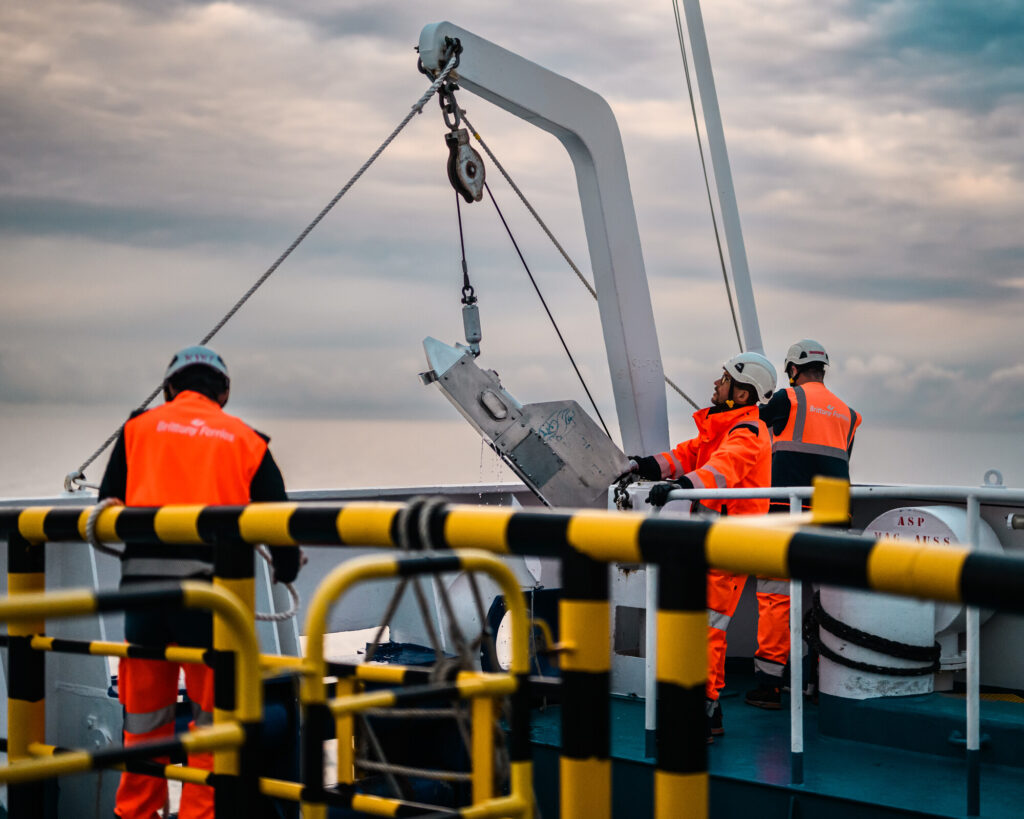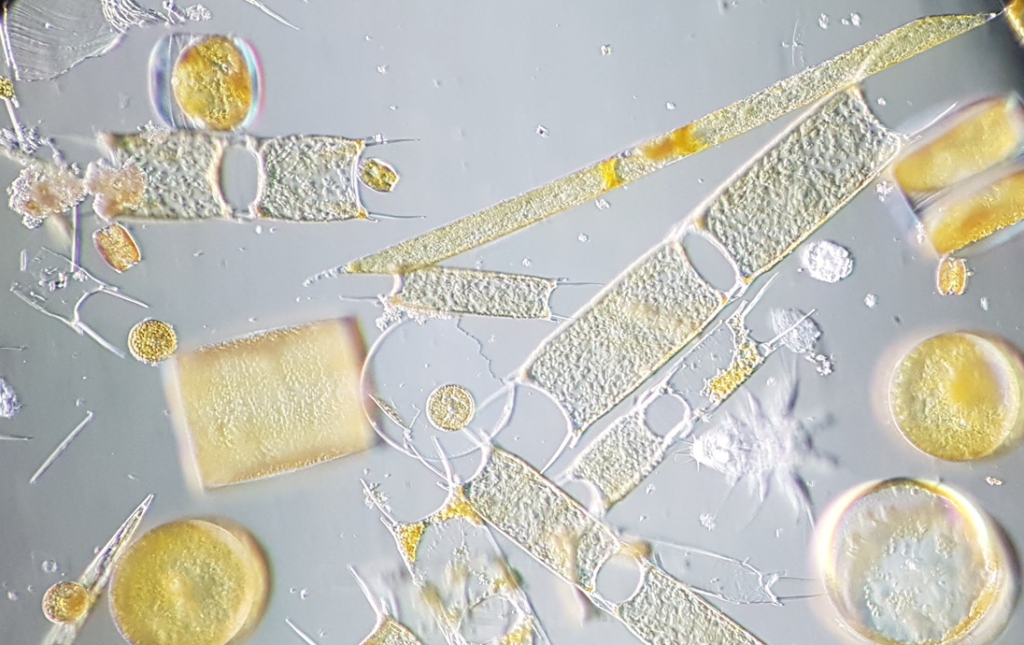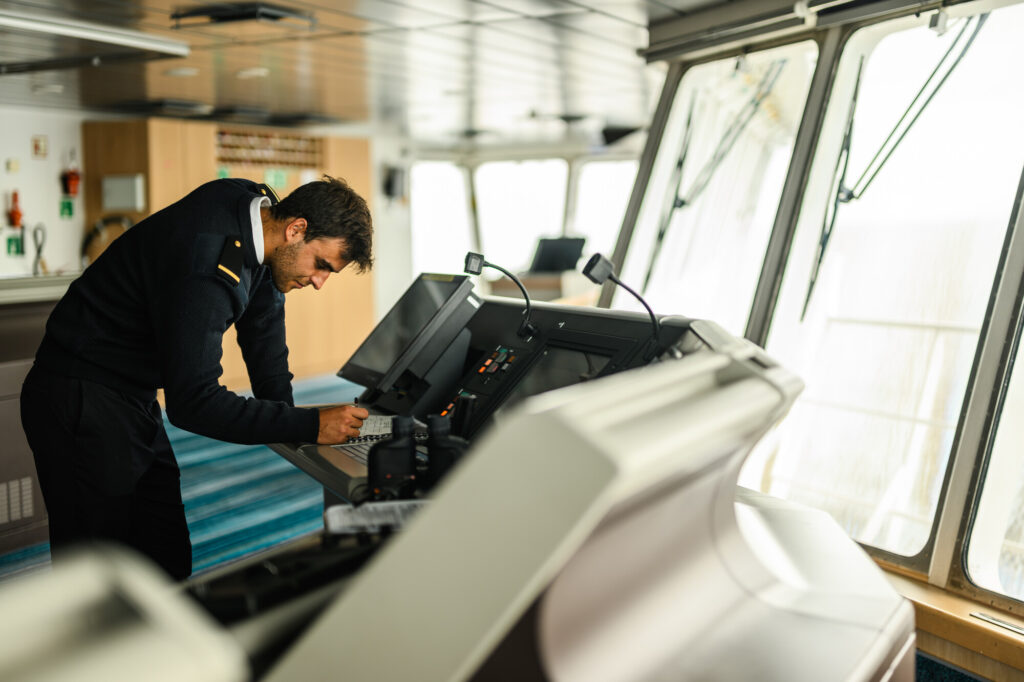7.5 million nautical miles, 18 times to the moon and back or 655 times the size of the Great Wall of China – this is the new total distance covered by the world’s largest marine monitoring programme, the Continuous Plankton Recorder (CPR) Survey.

Operated by the Marine Biological Association, Plymouth, the CPR Survey collects plankton samples across great swathes of ocean, using the data to deepen our understanding of the health of the marine environment.
Plankton, the free floating algae and animals that drift with the ocean’s currents, play a vital role in supporting life as we know it above and below the waves. Despite their generally microscopic size, plankton are responsible for producing 50% of the world’s atmospheric oxygen and form the base of the marine food web, providing a crucial food source to many small and large animals.
In reaching this milestone, the CPR Survey cements its position on the international stage as a vital tool in progressing scientific understanding and shaping policy to protect and preserve the marine environment.
David Johns, Director of the CPR Survey said “It’s an incredible achievement by the team and our network of volunteers across the globe. With our rapidly changing planet, it’s essential to understand our marine environment – each additional mile we tow increases our knowledge and helps us manage our precious seas.”

Data produced by the CPR Survey provide unrivalled insights into the state of our ocean and are used by scientists and policymakers around the world to recognise, understand and manage changes in marine biodiversity, resources and habitats.
Recent research using CPR Survey data found that the heating of the North Atlantic is causing plankton to shift and change in abundance, which could have knock-on effects on the global carbon cycle and the regulation of the earth’s climate.
Since beginning in 1931 in the North Sea, the CPR Survey today operates across the North Atlantic and North Pacific, collecting data across hundreds of nautical miles on a monthly basis.
Unlike other ocean monitoring programmes that use dedicated scientific research vessels, the CPR Survey works exclusively with the international shipping community, with passenger ferries and cargo ships towing the plankton sampling device behind them as they sail their usual routes. Without the support of ship Captains, crews, owners and charterers, there would be no Survey, and our understanding of the health of the ocean would be significantly less than it is today.

Since the Survey began, we’ve partnered with over 300 vessels, and towed in every ocean. In 2020, the CPR Survey was awarded a Guinness World Record for the greatest distance sampled by a marine survey after reaching 7 million Nautical Miles.